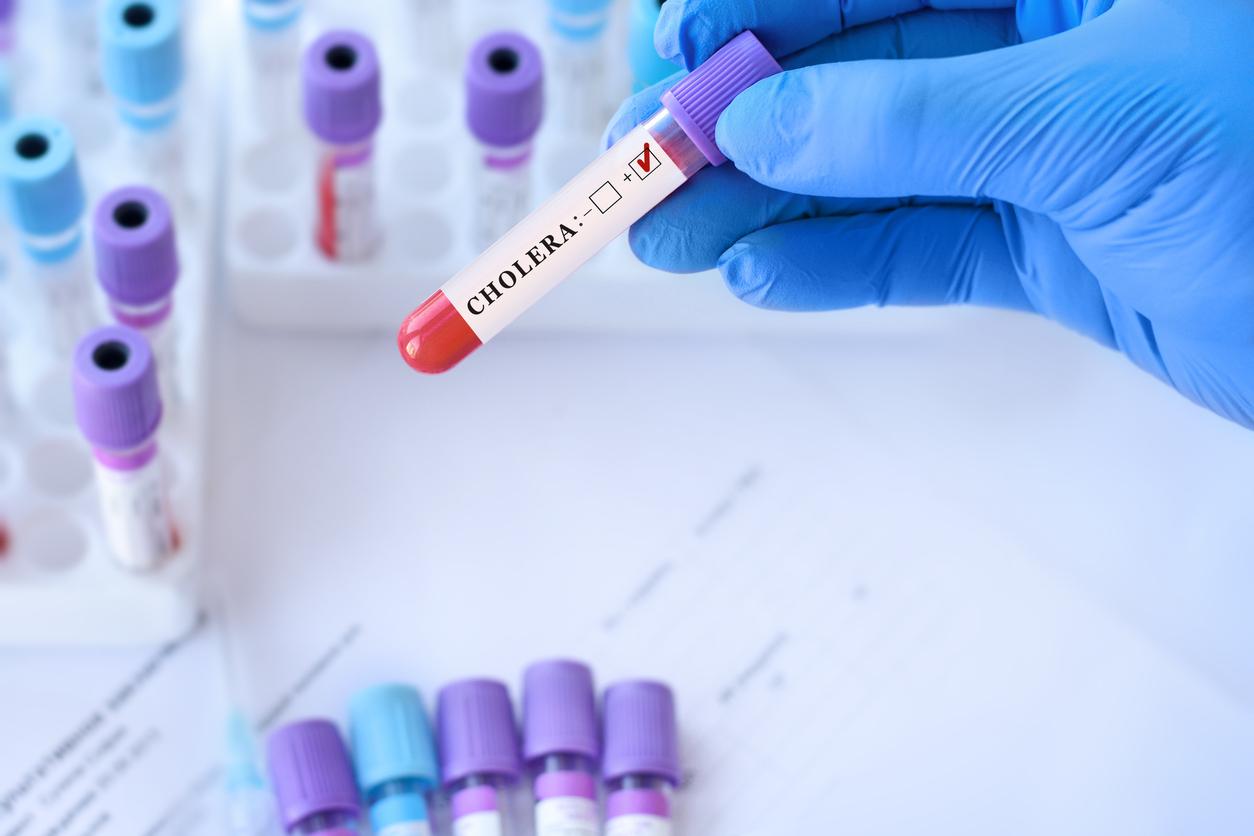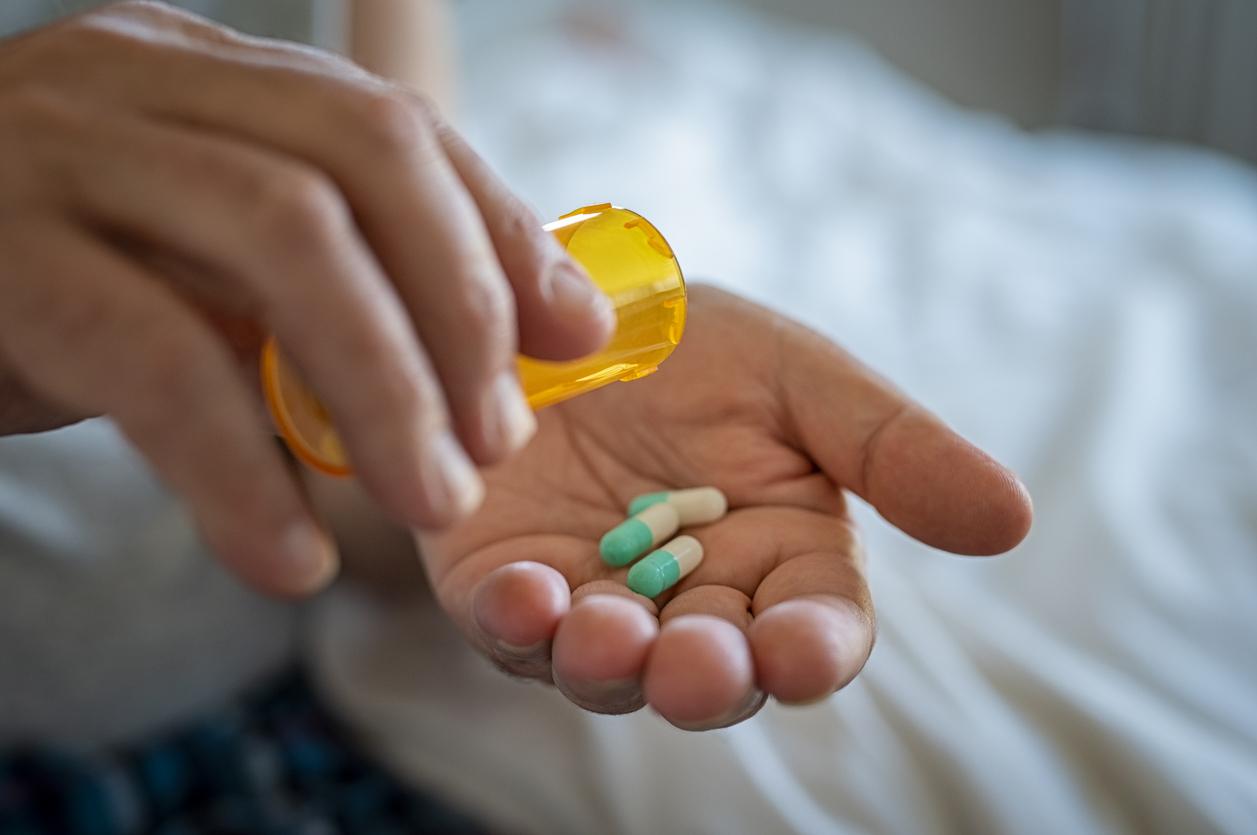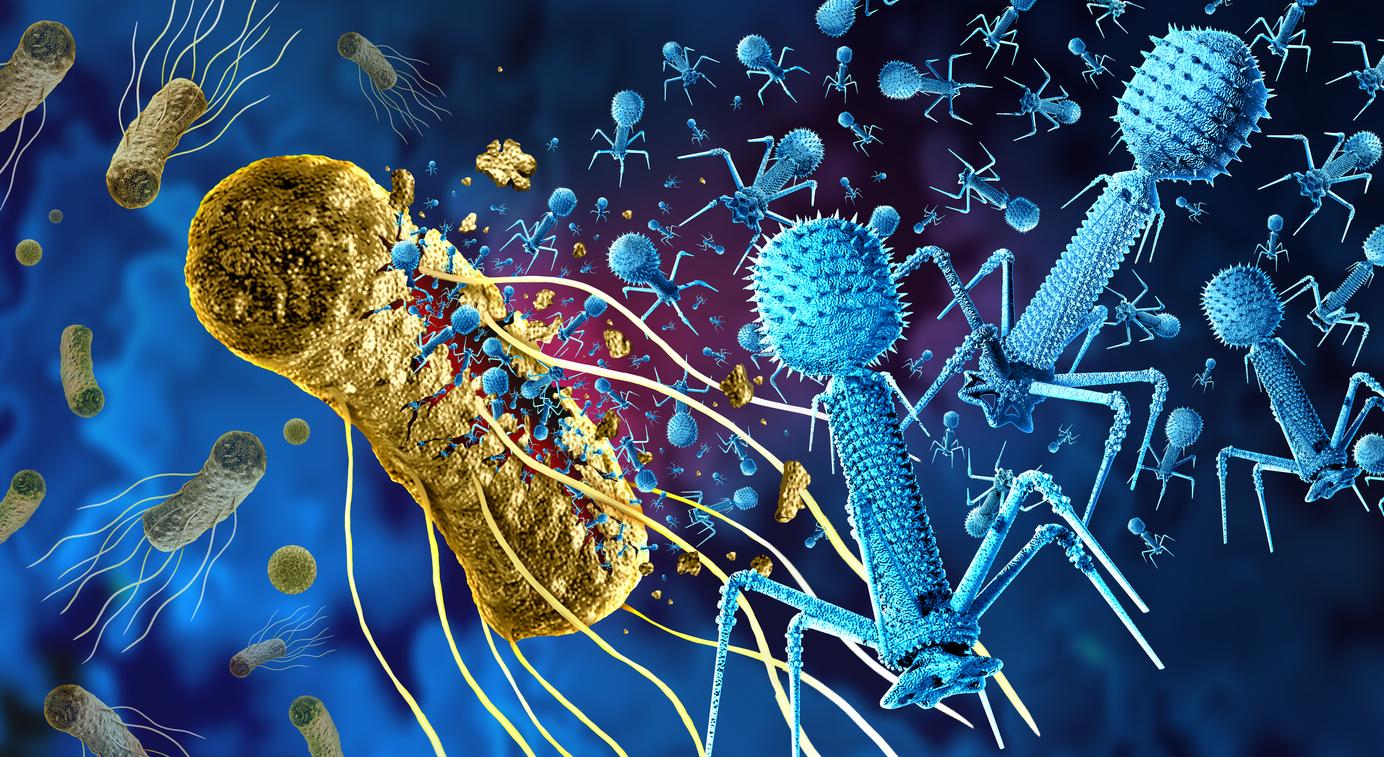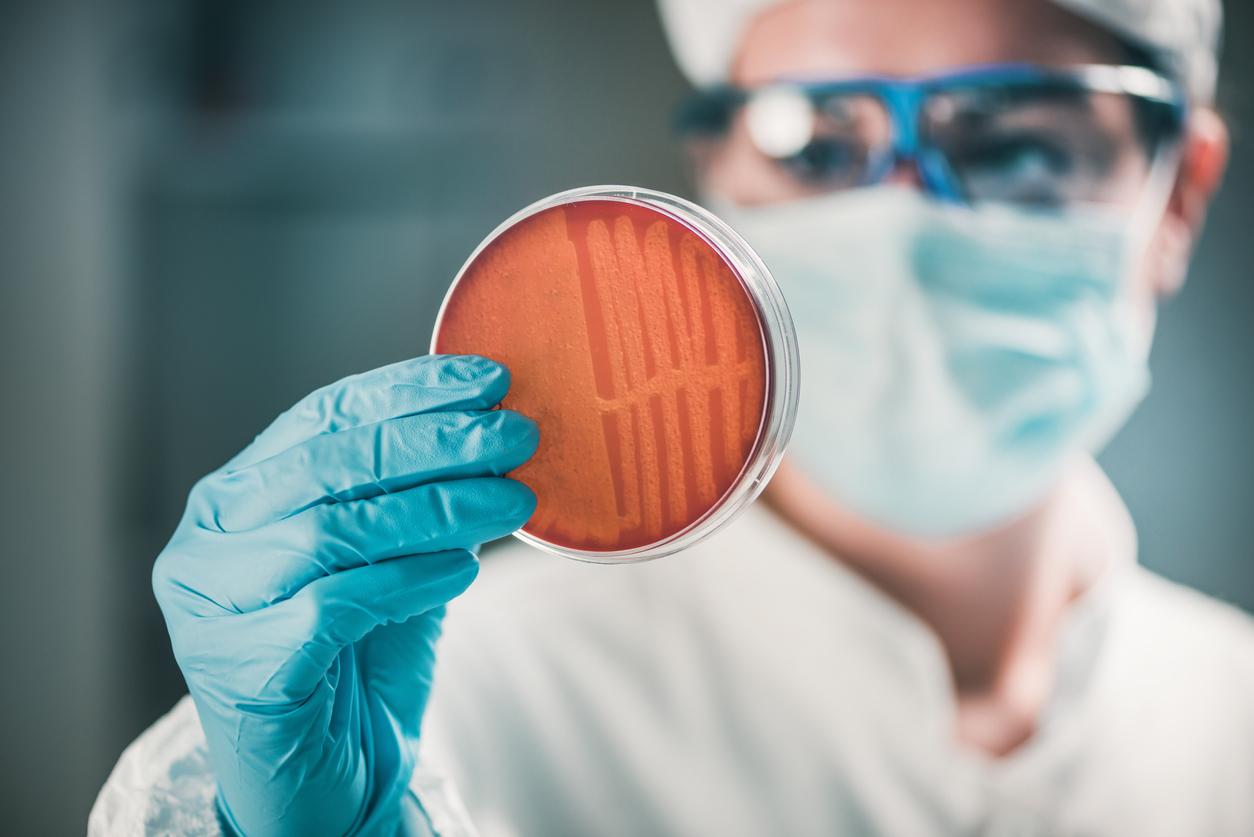An anti-bacterial coating in the form of a spray could be an effective solution against antibiotic resistance, the cause of fatal nosocomial infections.
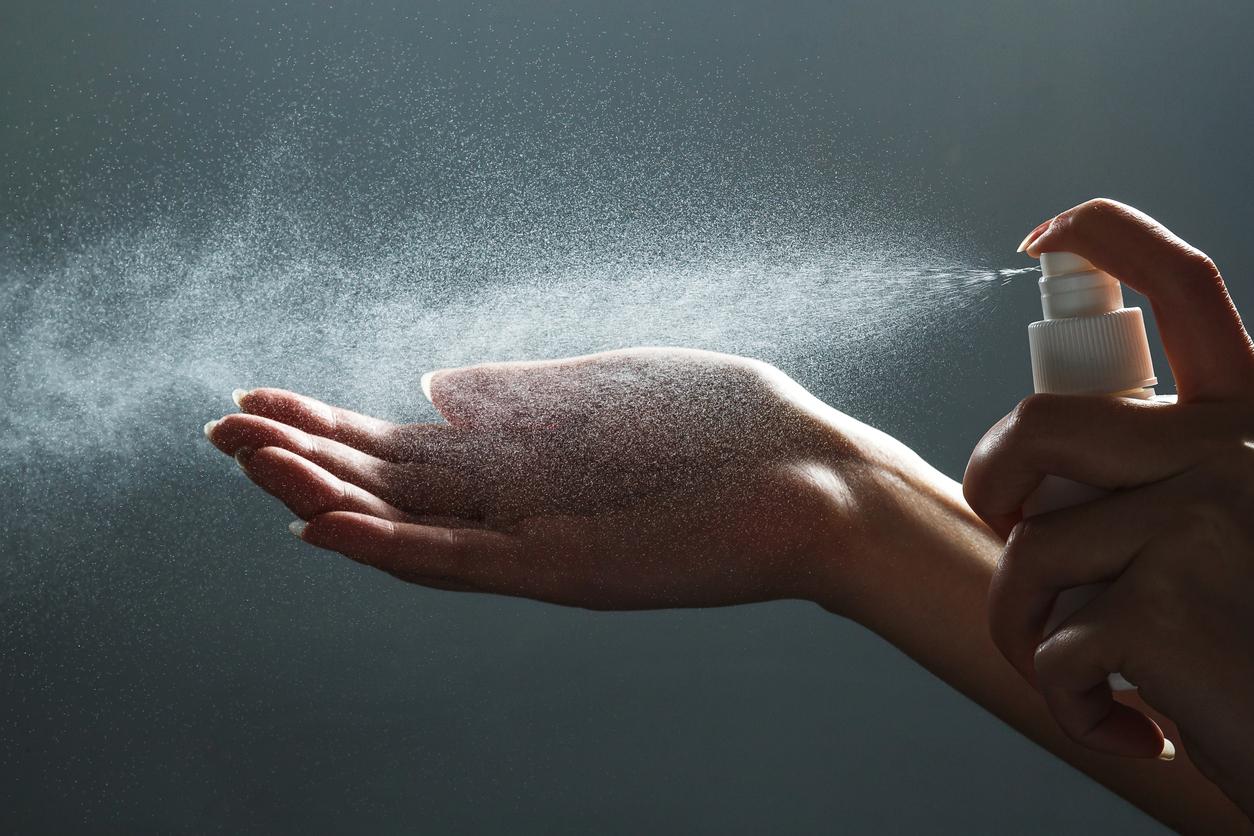
- Researchers have shown that 99.99% of bacteria are killed by the material and the bactericidal ability is active for approximately 48 hours, allowing its use in a wide range of clinical applications.
- According to Santé Publique France, 125,000 infections with multi-resistant bacteria were recorded in France in 2015.
- Antibiotic-resistant bacteria cause nearly 1.3 million deaths per year worldwide (5,500 in France).
The World Health Organization ranks antibiotic resistance among the top ten threats to global health. Scientists are constantly looking for new solutions to fight resistant bacteria and reduce the need for antibiotics. A team of researchers from Chalmers University of Technology in Sweden has found one that may prove effective.
In two recent studies, published in I’International Journal of Pharmaceuticals and the review ACS Applied Bio Materials, the group of researchers presents a new spray capable of killing bacteria resistant to antibiotics. This spray can also be used to heal wounds and directly on implants and other medical devices.
A spray with many benefits for treating bacterial infections
“Our innovation can have a double impact in the fight against antibiotic resistance. Our material has been shown to be effective against many types of bacteria, including those that are resistant to antibiotics, such as methicillin-resistant Staphylococcus aureus (MRSA). ). But it also has the potential to prevent infections and therefore reduce the need for antibiotics.”explains Martin Andersson, head of research for the study and professor of chemistry and chemical engineering at Chalmers University, in a communicated.
This new anti-bacterial coating consists of small hydrogel particles equipped with a type of peptide (small proteins made up of chains of amino acids) that effectively attach to bacteria to kill them. In previous work, the researchers had shown how peptides could be used in wound care materials, such as dressings. In these two new studies, the bactericidal material is used as a spray for wounds and as a coating on medical devices introduced into the body. This spray, capable of reaching deep wounds, has many advantages over other existing sprays and disinfectants to treat and prevent infections.
“Sprayed on the wound, it can kill bacteria in a shorter time”
“The substance in this wound spray is completely non-toxic and does not affect human cells. Unlike existing bactericidal sprays, it does not inhibit the body’s healing process. The materials, which are simply sprayed onto the wound, can also kill bacteria in a shorter time”says co-author Edvin Blomstrand, a PhD student in chemistry at Chalmers University of Technology.
For treatments in which materials such as implants and catheters are inserted into our body, infections are a major problem, since one of the main sources of nosocomial infections comes from the use of urinary catheters. “Catheters can sometimes become contaminated with bacteria when they are introduced into the body, which can lead to infection. One of the main advantages of this coating is that bacteria are killed as soon as they come into contact with the surface. Another is that it can be applied over existing products that are already used in healthcare, so there is no need to produce new ones”adds Annija Stepulane, also a PhD student in chemistry at Chalmers and co-author.
In the study, the researchers tested the coating on silicone materials used for catheters, but they point to the desirability of using it on other biomaterials.









